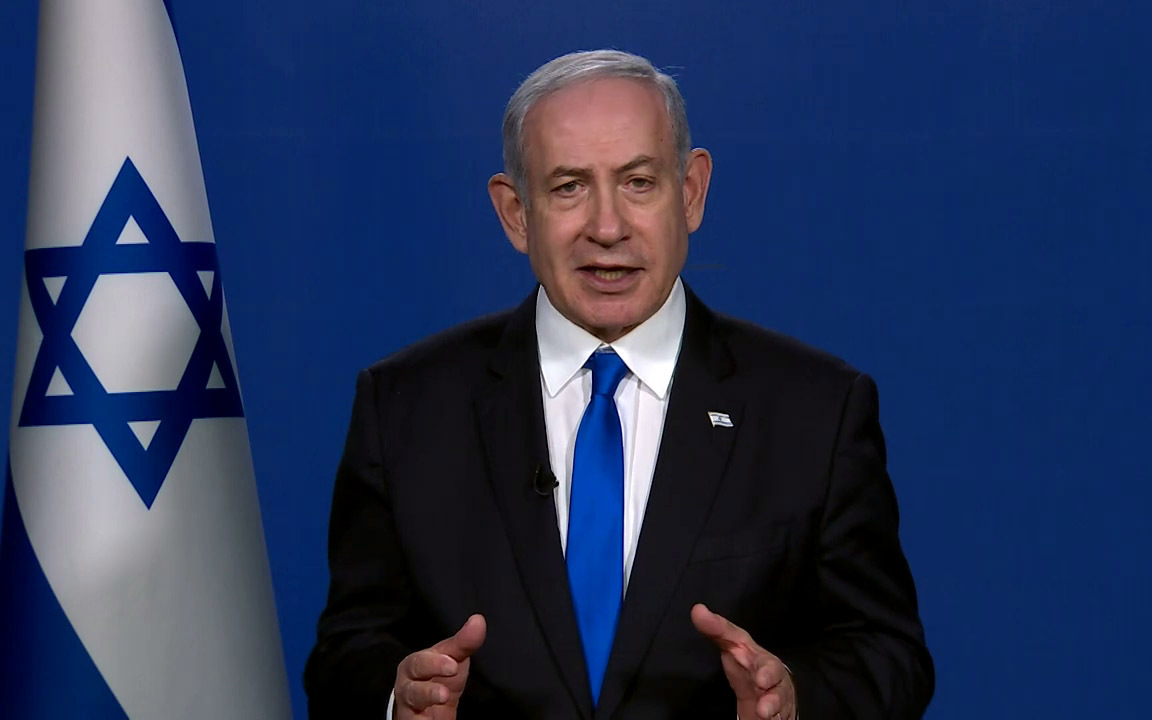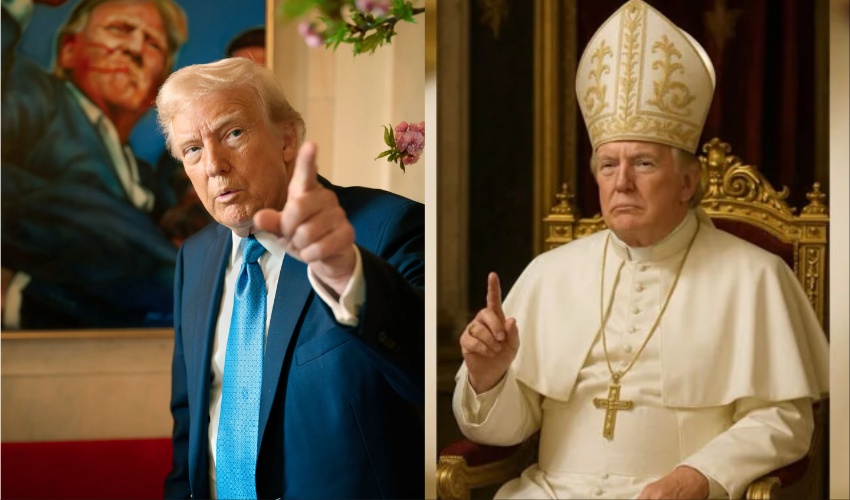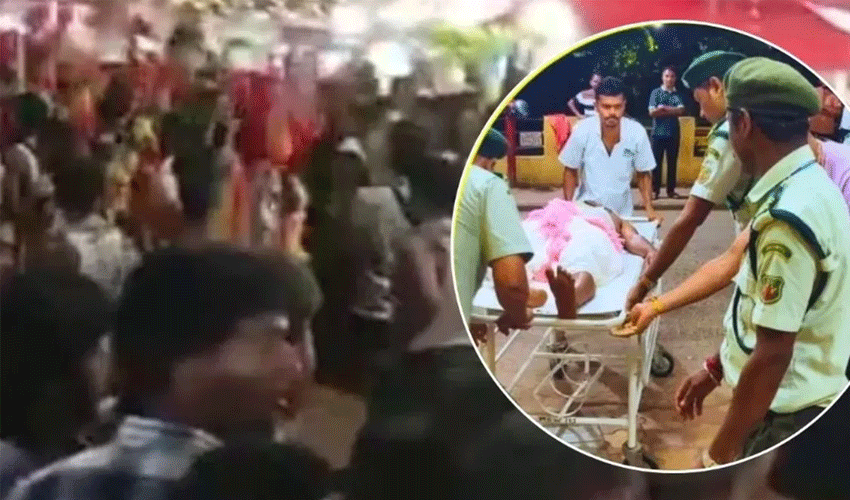Israeli Prime Minister Benjamin Netanyahu delivered a passionate speech to Congress, taking on protesters both inside the House chamber and outside the Capitol.
This marked his first address to US lawmakers in nearly a decade and followed the Hamas attack on October 7, which resulted in 1,200 Israeli deaths and over 240 hostages taken to Gaza, with about 100 still held captive.
Netanyahu emphasized the strong U.S.-Israel relationship during his speech, likening October 7 to historical tragedies like Pearl Harbor and 9/11. He called for unity between America and Israel in the fight for civilization.
He also addressed the criticism and protests against his handling of the Gaza war, accusing some protesters of supporting Hamas and being influenced by Iran. Netanyahu thanked U.S. leaders from both parties, including President Joe Biden and former President Donald Trump, despite Biden's recent criticisms of his war strategy.
Netanyahu condemned the International Criminal Court (ICC) for issuing an arrest warrant against him and other Israeli leaders, accusing the court of trying to hinder Israel's defense efforts. He disputed claims that Israel deliberately targeted Palestinian civilians and blocked humanitarian aid.
Some American hostage families attended the speech and planned to meet with Netanyahu and House Speaker Mike Johnson afterward. These families expressed frustration over Netanyahu's trip, hoping the U.S. would pressure him to agree to a ceasefire.
Progressive lawmakers, including Rep. Rashida Tlaib, protested Netanyahu's address, with Tlaib holding a sign accusing him of war crimes. Capitol Police arrested several protesters both inside and outside the chamber.
The invitation for Netanyahu's speech, issued by House Speaker Johnson and Senate Majority Leader Schumer, underscored the GOP's support for Israel and highlighted divisions among Democrats over Netanyahu's policies. Several prominent Democrats, including Vice President Kamala Harris, boycotted the speech.
This address was Netanyahu's fourth to Congress, making him the most frequent foreign leader to do so. The speech drew comparisons to his 2015 address, which was also politically charged. Enhanced security measures were implemented around the Capitol, resulting in several arrests during the protests.
In a letter obtained by NBC News, over two dozen former senior officials from Israel's security establishment expressed concerns about the potential damage Netanyahu's visit could cause to U.S.-Israel relations.



























